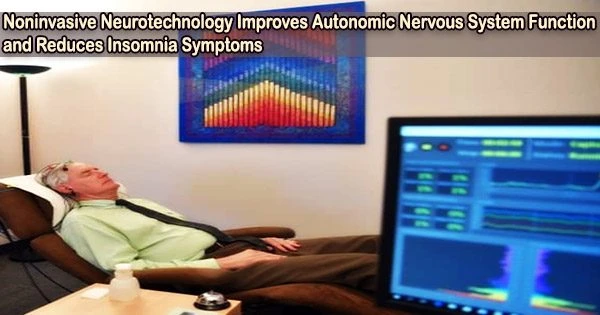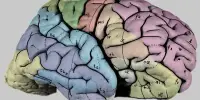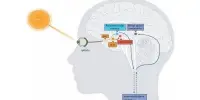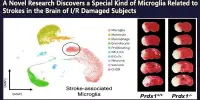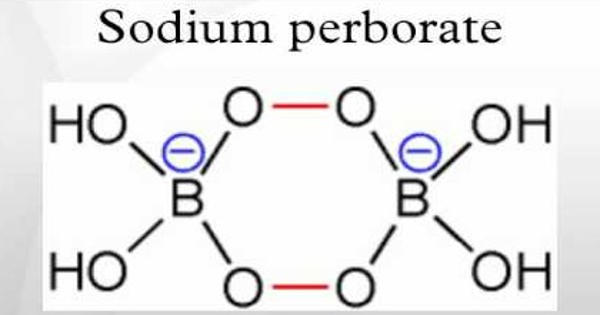Getting a good night’s sleep is crucial for maintaining physical and mental health. Numerous studies have demonstrated that insomnia can raise the risk of diabetes, heart disease, obesity, and other disorders.
Insomnia is a sleep disorder characterized by difficulty falling or staying asleep, or by waking up too early and being unable to fall back asleep. Insomnia can be caused by a variety of factors, including stress, anxiety, depression, medications, caffeine, alcohol, and certain medical conditions.
Researchers at Wake Forest University School of Medicine have now conducted a new study that demonstrates significant improvements in both sleep quality and autonomic nervous system function when employing closed-loop, acoustic stimulation neurotechnology.
The study is published online in Global Advances in Integrative Medicine and Health.
Cereset ResearchTM with Standard Operating Procedures (CR-SOP) is the evolution of HIRREM®, or high-resolution, relational, resonance-based electroencephalic mirroring, a noninvasive, closed-loop technology that uses scalp sensors to monitor brainwaves and software algorithms to translate specific frequencies into audible tones of varying pitch.
Closed-loop acoustic stimulation can improve sleep as well as autonomic function in those who suffer from insomnia. This pilot study demonstrates these benefits with CR-SOP from sessions received over a short period. This is also an important step in showing the intervention’s potential scalability for treating more people.
Charles H. Tegeler
These tones linked to brainwaves are echoed back in real time via earbuds. This allows the brain a chance to listen to itself, to look at itself in an acoustic mirror.
“CR-SOP allows the brain to reset from stress patterns that contribute to insomnia,” said Charles H. Tegeler, M.D., chair of neurology at Wake Forest University School of Medicine. “During the intervention, the brain continuously updates with respect to its own activity patterns, resulting in auto-calibration or self-optimization.”
CR-SOP uses an improved platform with faster processors, new sensors and hardware, and computer administration throughout the protocols, while still echoing brainwaves, similar to classic HIRREM. This causes shorter sessions, quicker brainwave echoes, and less reliance on technical knowledge.
In this randomized and controlled study of 22 adults, researchers compared changes on the Insomnia Severity Index (ISI), a self-report instrument to assess insomnia symptoms. The control group received 10 sessions of auditory tones created at random while the other half of the subjects had 10 sessions of CR-SOP coupled to brainwaves. The average number of sessions received was 15.3 days. To evaluate the autonomic modulation of the cardiovascular system, researchers also measured blood pressure and heart rate.
Subjects in the CR-SOP group reported less severe symptoms of insomnia at follow-up visits up to six weeks after the sessions ended. In comparison to individuals who received random tones, they also demonstrated statistically and clinically significant improvements in autonomic function across a variety of parameters, including heart rate variability (HRV) and baroreflex sensitivity (BRS).
BRS monitors blood pressure regulation, while HRV assesses the function of the autonomic nervous system. HRV is correlated with a host of important health and well-being outcomes.
These findings are in line with previous HIRREM research that showed a reduction in insomnia symptoms.
According to Tegeler, the study also used standard operating procedures so that all subjects received the same sequence of protocols. Taken together, this greatly increases the scalability of this approach so that more people might have access, more quickly, he said.
“Closed-loop acoustic stimulation can improve sleep as well as autonomic function in those who suffer from insomnia,” Tegeler said. “This pilot study demonstrates these benefits with CR-SOP from sessions received over a short period. This is also an important step in showing the intervention’s potential scalability for treating more people.”
Clinical trials that are now underway are concentrating on stress and anxiety among carers and healthcare professionals.
HIRREM and Cereset Research are registered trademarks of Brain State Technologies based in Scottsdale, Arizona and have been licensed to Wake Forest University School of Medicine for collaborative research since 2011.
Research grants from The Susanne Marcus Collins Foundation Inc. and the Wake Forest Clinical and Translational Science Institute supported this study.
